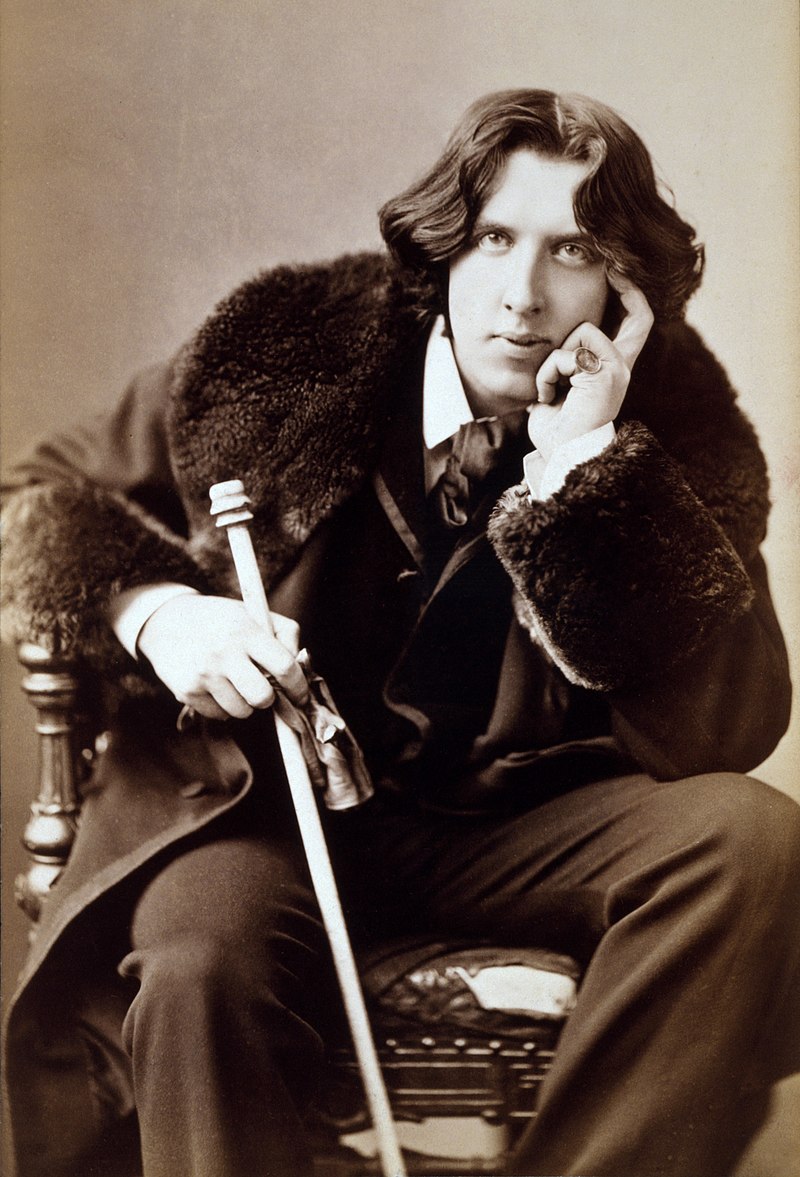Opinion: The price of everything

Oscar Wilde famously wrote, A cynic is a man who knows the price of everything and the value of nothing.
Now, those of us who have the piping and drumming affliction appreciate the priceless value of what we do. The camaraderie, the never-ending quest for excellence, the competitions highs and lows, the beer tents, the beer tents . . .
But it doesn’t take a cynic to know that what we do in the way that we do it costs money. A lot of money.
It costs so much money that it’s an investment similar to golf or downhill skiing. The gear, the travel, the memberships, the lessons, the constant barrage of the latest and greatest expensive products that are accompanied by a promise to make us better.
To be sure, bands help defray the costs, particularly for drummers, but, regardless, this is one dang expensive hobby. And it’s only getting costlier.
When it comes to attracting new pipers and drummers, this is a huge barrier. Even if a public (non-fee-based) school offers instruction, instrument and a uniform, once a young piper or drummer graduates they will be faced with big costs – costs for many that are unaffordable. And so, they drop out of the piping and drumming world.
After years, even decades, of warnings that our model of non-proactive recruiting is unsustainable, some non-UK associations suddenly seem to have wised up to the fact that they need to do something to attract new players. Sitting idly by, assuming the member pipe bands will take care of recruiting and teaching new pipers and drummers, associations are now actually reaching out in unlikely places with a message of welcome.
But they seem to be forgetting that huge barrier to joining: money.
Until about 1970, pipe bands and solo piping were for the working classes, so much so that white-collar “professionals” would not deign to compete amongst the tawdry masses. Their role was to judge.
All that got turned on its head once lawyers and doctors and others with university degrees and highfalutin careers were for some reason attracted to the thing, with Canadians, Kiwis, Americans and all manner of competitors traveling long distances to compete and purchasing the latest and greatest instruments and Highland attire.
For sure, bands will provide the uniform, the chanter, the reeds, the cords, the cover, the drum, the sticks/mallets, the drum case, the harness and, possibly, the bag.
Today, if you are not in at least an upper-middle-class income bracket, you probably won’t be able to afford what we do.
But with rare exceptions, you’ll be paying for bagpipes, pipe case, travel to practices and contests, accommodation, pints, wings and, if you’re a soloist, you’re most likely paying for instruction, workshops, summer schools, music, entry fees, association membership, and travel to solo contests. If you’re a serious higher-level soloist, you’ll ditch the band kit for your own Highland dress – add about $2,000 for all that.
Today, if you are not in at least an upper-middle-class income bracket, you probably won’t be able to afford what we do.
Without assistance, that is.
That’s where associations also need to look. It will not be enough for associations simply to sell prospective pipers and drummers a bill of goods. They will need to prepare them for the costs involved with sustaining their new avocation, and be ready to provide assistance or point them to special grants and bursaries.
And, right now, there are not nearly enough of those.
Associations might start campaigns to encourage businesses to create a bursary fund for deserving young pipers and drummers who need a leg up to sustain their involvement. Some of these associations’ members run piping and drumming supplies businesses, so maybe start with them.
More suggestions:
- Like many companies, bagpipe makers could start a “Certified Pre-Owned” program for refurbished instruments for a far lower price.
- Associations manage an inventory of used instruments and gear, donated by their members, ready to provide to needy players. (Check out the great charitable work of the Scottish Schools Pipes & Drums Trust.)
- Relax the “Highland dress” code. A decent kilt on its own is $700. Bands can barely afford them, and many young players’ families will struggle to kit out their keen kids.
- Piping and drumming teachers at all levels make a pact, or unspoken rule, that they will provide free or very affordable, instruction to those who need it. Seumas MacNeill’s College of Piping made that a policy from the first day. Let’s make it universal.
If the art is going to prosper, we need to ensure that it’s affordable to the 75% of the population not in the upper-middle-class or wealthy categories.
Perhaps the barrier to entry for new players isn’t so much the “Scottishness” of what we do.
It’s the price of everything.





The juvenile band I played paid for everything through fund raising. It was explained plainly to my parents and every other parent that the culture was we all work together to raise funds to pay for attire, equipment, and trips. We played in parades, put on burns nights, put on a St Andrews nights, delivered phone books, and sold chocolates at xmas to pay for what was needed.
Maybe people should stop being so entitled, put some work in, and come up with some good ideas that benefit people so they’ll support your band.
Being a top flight solo player is a different affair. You have to be somewhat well off if you’re based outside of Scotland. That’s not going to change. It may not be fair but that’s the price of having everything.
Very well said! As a solo and band piper, one of the biggest recurring cost (and a huge barrier) for me is traveling cost (e.g., transportation & lodging). If I want to go to a decent event to compete (e.g., Kansas City Winter Storm), traveling along will be close to one thousand dollars. The event or highland game itself is very affordable but it is just not cheap to get there. Tuition is the 2nd biggest cost. Qualified teachers nowadays often charge at least $60 dollars/hour. I totally understand tutors have to make a decent living too. But no wonder “you have to be at least an upper-middle-class income bracket” to be able to learn the bagpipes!
I think the amount of half-mounted sets around today says it all.
Great article and so true about the middle classes and piping. If you want to know how things have changed, look at some of the top bands websites, look for the player roster and if it shows a biography of the players, note the occupations of the players. Tells you everything